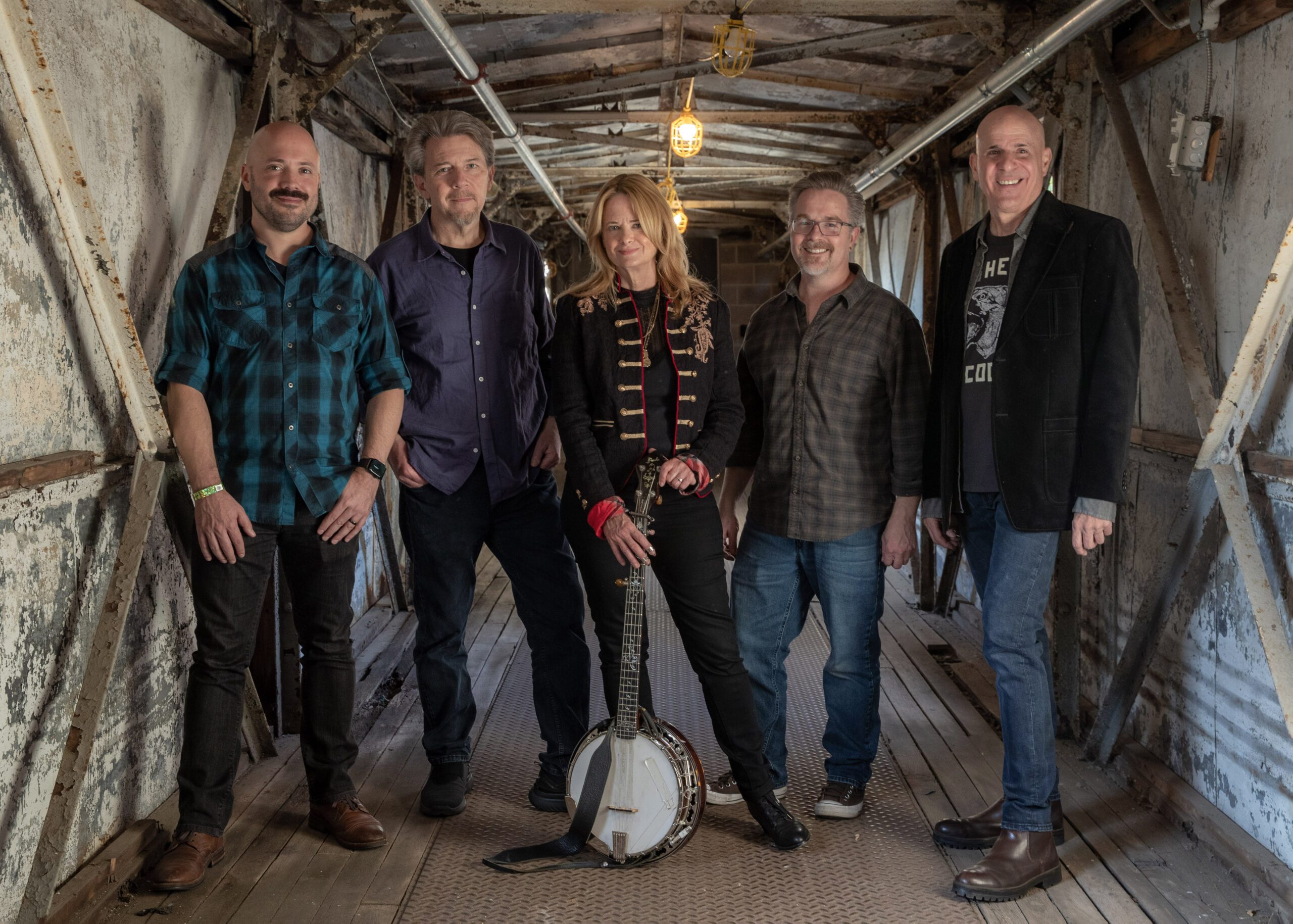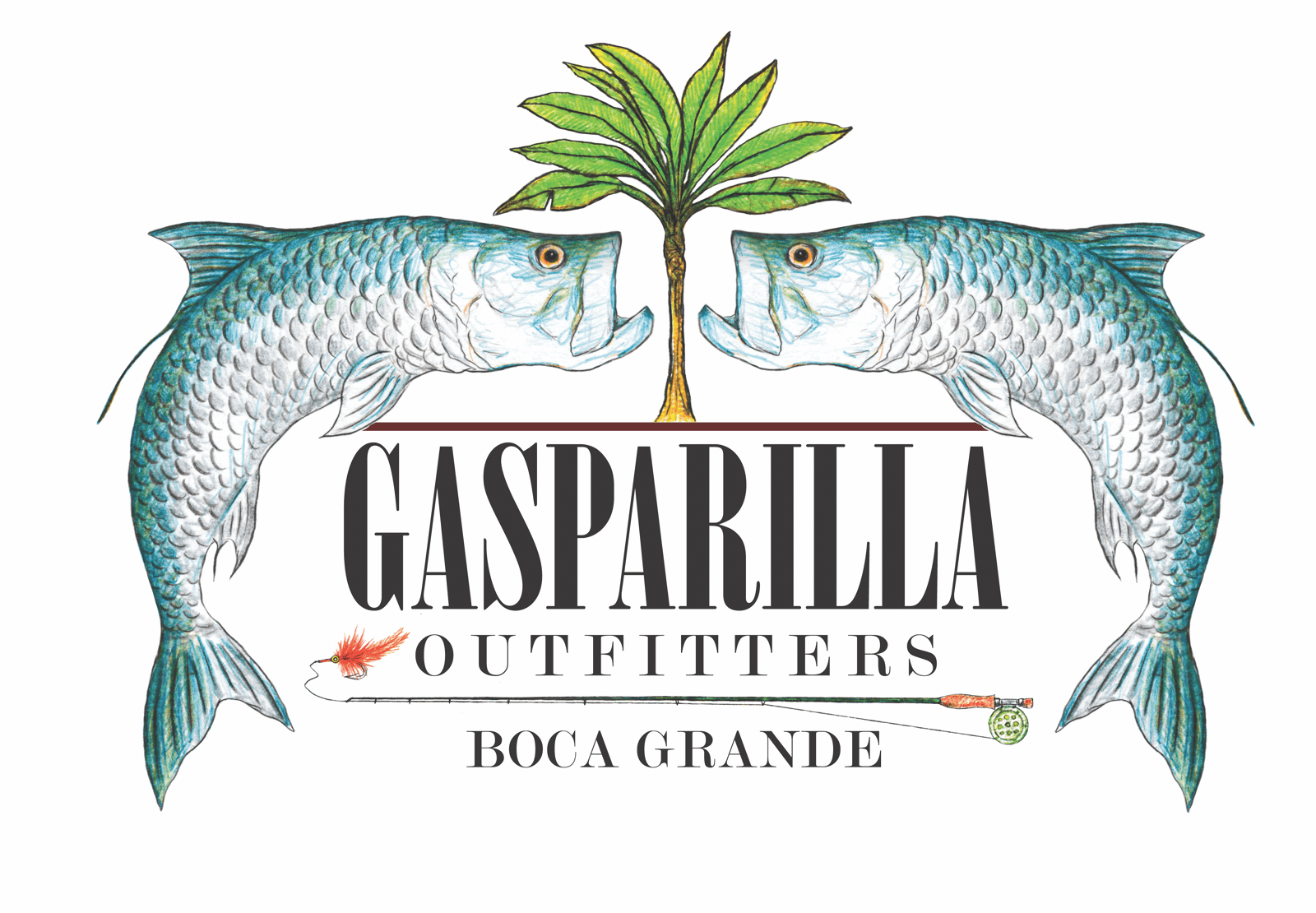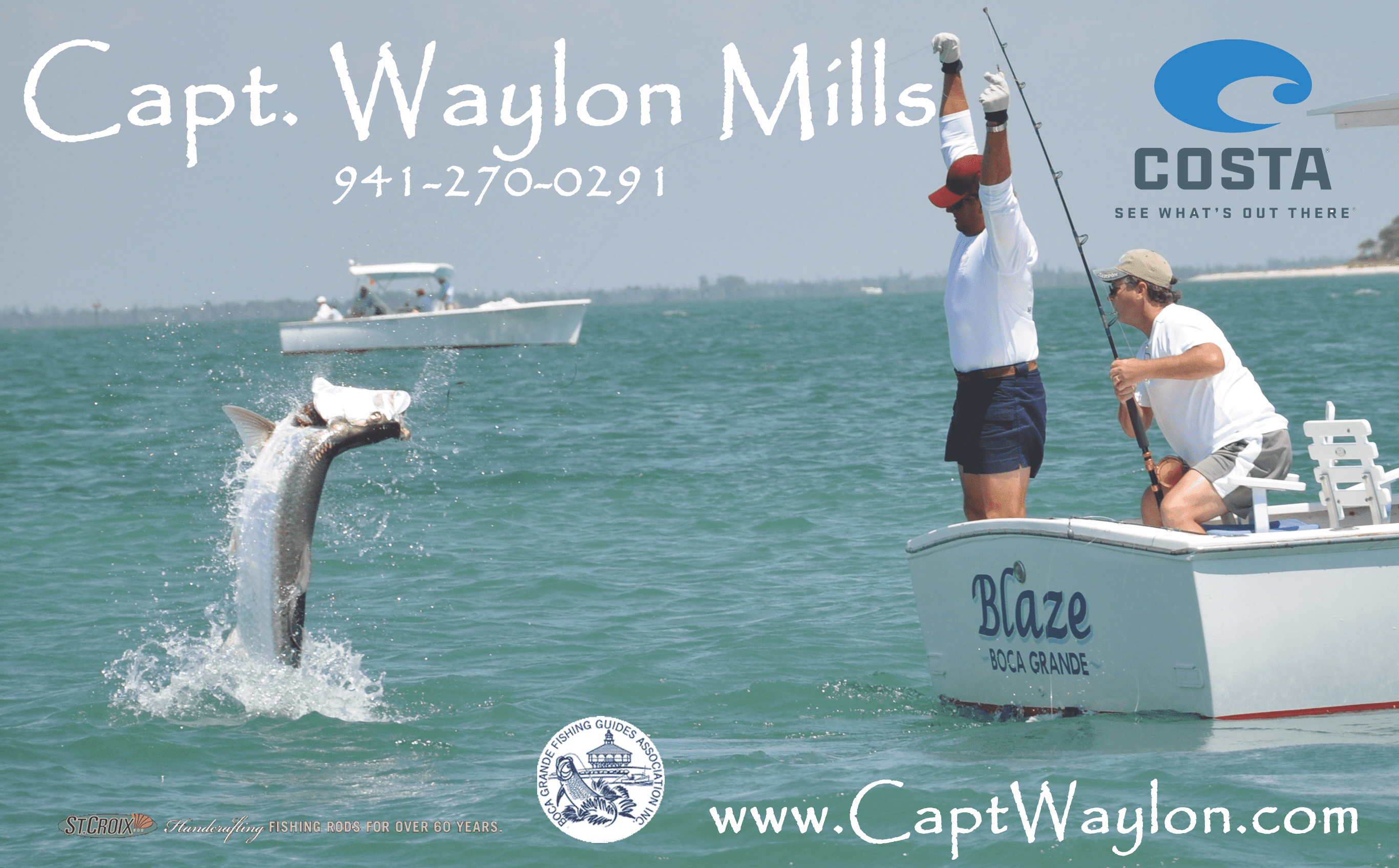Alison Brown brings ‘Sun and Water’ and bluegrass warmth to Crowninshield

Musician and entrepreneur here
Grammy-winning banjoist, composer and label founder Alison Brown returns to the stage next Friday, Nov. 21, with two performances at the Crowninshield Community House. Known for her innovative five-string banjo style and collaborations with artists including Steve Martin and the Indigo Girls, Brown blends bluegrass tradition with global influences. She spoke with the Beacon about her upcoming set, the story behind her “double C” tuning, and why Boston still feels like home for folk and coffeehouse music. Below, a few excerpts from an interview last Friday.
Beacon: I don’t know what a double C tuning on a banjo means, and I was just looking through your materials. If you could explain that to a neophyte, you’d be doing well.
Alison Brown: I’ll do my best. A five-string banjo in bluegrass style is tuned to an open G chord. And really, the fourth, third and second strings on the banjo are the same as the fourth, third and second strings on a guitar, so it’s kind of related. And then the first string on the banjo is a D, and it’s an E on the guitar. So really close.
But the double C tuning is where you take the second string and the fourth string, and you tune them both to a C note. So you tune the B up a half step on the second string, and down a whole step on the fourth string. So then you’re in double C tuning. If you strum it, it’s kind of like a C9 chord, I guess, because you’ve got that D note on the top.
So that’s double C tuning, and it’s really common in old-time music and clawhammer banjo styles. Did that make sense?
Beacon: Have you thought about what you’re going to play?
Brown: We like to put together a show that has a mix of something for everybody. So there’s some songs and a lot of instrumentals. We’ve got a really nice version of “Here Comes the Sun.” That’s a mashup with “The Waters of March.” So they call it “Sun and Water.” So I’m sure we’ll do that one – that’s always fun to play.
I love intimate venues. That’s my favorite thing. And, you know, we always go out to the CD table at the end of the show, and I love talking to people. I’m always curious about what motivates people to come to a banjo concert. It warms my heart.
Beacon: Is Boston still a home for banjo and coffeehouse music, or is it more centered in the South?
Brown: We live in Nashville. I’ve been in Nashville for 30 years at this point, but there’s a real kind of kinship between bluegrass music, which is what I started off playing, and the music from the British Isles, especially the Scottish and Irish fiddle tunes. When Bill Monroe created bluegrass music – which is a relatively new music – that music, bluegrass, didn’t really coalesce till 1945.
Beacon: I just thought bluegrass was a folk genre that was always there.
Brown: Most people think that. In fact, Steve Martin and I were on “The View” last week, and this exact topic came up. And Whoopi Goldberg was like, “So bluegrass is really old music.” No, it’s not. It’s really, actually very new, but it’s really informed by things that are very old.
So one of those things is the Scots and Irish fiddle tunes. That was a big part of what Bill Monroe was, and kind of knew and experienced, in addition to Delta blues and old-time music – and then jazz, too. So those were all his influences when he created bluegrass, which is kind of a “new” thing.
But as far as British Isles music and me personally – yeah, when I was a student at Harvard, I, like, loved the coffeehouse scene. And you’re right – I still think Boston is the best market for folk music in the country. That’s probably where I first got turned on a little bit to some of the Scottish and probably more so the Irish stuff, just from the other musicians that I met in Boston.
Fast forward, you know, 2015 years or so, we started touring a lot in the British Isles – mostly Scotland and Ireland, but some England – and got to know the young musicians there who were putting their own kind of fresh spin on the trad music.
Through Compass Records – which is the label that Gary [West], my husband and our bass player in the band, started 30 years ago.
Beacon: So with Compass Records, I think of Frank Sinatra and Reprise and Johnny Mercer and Capitol Records, and non-vanity labels that have really been able to help a lot of young artists out. Is it where you all imagined 30 years ago?
Brown: We didn’t know, really. We just really felt that there was room for an artist-run, artist-friendly label. It is kind of in the roots music space. And we thought, you know, since I’ve, you know, had a business background, and Gary [West] was really interested in production, but we were also touring musicians, that we could kind of bundle all of that up and create a platform for other artists so that we could help their music be discovered.
And so that was our mission when we started. I actually didn’t put a record out on Compass until our 25th release. So we really started it not for ourselves, but really to shine a light on other people.
There’s so much music out there that it’s hard for things to be noticed. Because, you know, 100,000 tracks a day get uploaded to Spotify — and that’s compared to the equivalent of 100,000 tracks a year when we started the company. So there were about 10,000 records coming out a year back then, in 1995 – so that’s about 100,000 tracks.
Beacon: Does the record label brand becomes even more essential, as it kind of gives you a little vetting and quality control over something that you might just throw out online?
Brown: I know that it’s very hard to be both an artist and a businessperson, because I am one, right? I’m really passionate about supporting this music and kind of being a pillar of the community.
But if that’s not your passion, and if you really just want to be a creator, I can’t think of anything more valuable than partnering with a team that has the institutional knowledge and understands the challenges and opportunities in the field, and can help you get your music recognized and help you kind of succeed with what you’re trying to do. Doing it all yourself is very hard.
I think that there’s great value to artists in record labels. For that reason, I think there’s a value to the consumer, too, because you really feel like everybody needs a filter, right? You can’t listen to 100,000 tracks a day. I mean, nobody can.
Beacon: You must get just a gazillion sample records and ideas. How do you vet that?
Brown: For us, it’s always been about the music first, right? It has to move us musically, and then we start to look at the other bits – does the artist have the infrastructure to, you know, be able to lock arms with the label and move forward at the same pace?
In other words, an artist usually has to be somewhat down the road in terms of building up their touring and, you know, having some structure around what they do before the label can step in and really make best use of its effort. It always comes down to the music first.
Beacon: I can trust if I hear a Blue Note record that there’s a sound that I could recognize. In the ’80s, if you heard a Virgin label record, you knew to expect a certain kind of sound, and there was a brand to the approach of the label.
Brown: The thing that we’re most proud of is when a radio DJ or press person will say, “When I saw that package with the Compass label on it, I knew there was something that I needed to pay attention to inside.”
You know, we may do a bluegrass record one month, and then maybe it’s a singer-songwriter record, or, you know, a Colin Hay record the next month – or like this release that Steve and I have, it’s kind of a hybrid record in some ways. So it’s all over the map, but I feel like there’s a common artistic aesthetic that runs through it all.
One of the first things we did when we started the label was to get the Harvard Business School case study on Windham Hill.
Beacon: Are they still their own thing? You haven’t sold out, have you?
Brown: No, we’re still independent. We’re fighting the fight.
Beacon: I’ve noticed just in some of your duets – Jackson Browne there, and even the Vince Gill stuff – that it was very slick. A polished sound.
Brown: Well, for me, because I’m mostly an instrumentalist, it’s very natural for me to be a collaborator.
I’ve done that a bunch with the Indigo Girls – actually one of the very first tracks we did when we moved into our current headquarters 20 years ago. That includes a legacy studio that was the birthplace of outlaw country. The very first thing we cut in that studio was a track with the Indigo Girls for my record Stolen Moments, and we did “Homeward Bound.”
I love doing that kind of stuff, and with Steve – you know, as he always says to people, it’s like neither one of us are singers. He always discredits his singing – I think he’s a good singer – but he always says, you know, since we’re not like really emotional singers, we write these songs, and then getting to cast who sings it is a lot of the fun.
Beacon: As I was listening to your YouTube reel, it seemed like with the more recent pieces, the technology and the mics really do well with your kind of music – with the audio that’s now available. And maybe it’s your high production values and your music too, but it just seemed like it’s clearer than it was a long time ago?
Brown: When I listen to roots music – or let’s talk about bluegrass music, because I know it so intimately, and I’ve been listening to it since I was 10, which is, you know, a long time now – the production values have really, really gotten good. Instruments sound better, and I think that people have really studied how to capture the beautiful tones of those instruments, and we really concentrate on that at Compass. I think we can make them sound just as beautiful as they sound in person.
It’s a great moment. Jeff Hanna was just in the studio yesterday – he’s one of the founders of the Nitty Gritty Dirt Band – and we’re doing a track together. He brought over a prewar Martin guitar.
Beacon: Did you ever think you would be playing banjo music on “The Tonight Show”?
Brown: I never thought I’d get to play banjo on “The Tonight Show”, right? I mean, and that’s one of the great things about, you know, Steve [Martin] – he’s such a fantastic ambassador for the banjo and for bluegrass music, and he can take it places where the rest of us can’t.
Beacon: Do you get to stay here and visit?
Brown: We are on a little mini-Florida tour – our Sunshine State tour. I love coming to Florida. I really do. It’s so beautiful. Let’s see, we’re playing for you guys on the 21st, and then I think we’re going to Ocala the next day. And I think we’re coming from Jacksonville. So, you know, it’s the usual thing – you never get to spend as much time in a beautiful place as you want to.
Visit friendsofbocagrande.org for more information.









